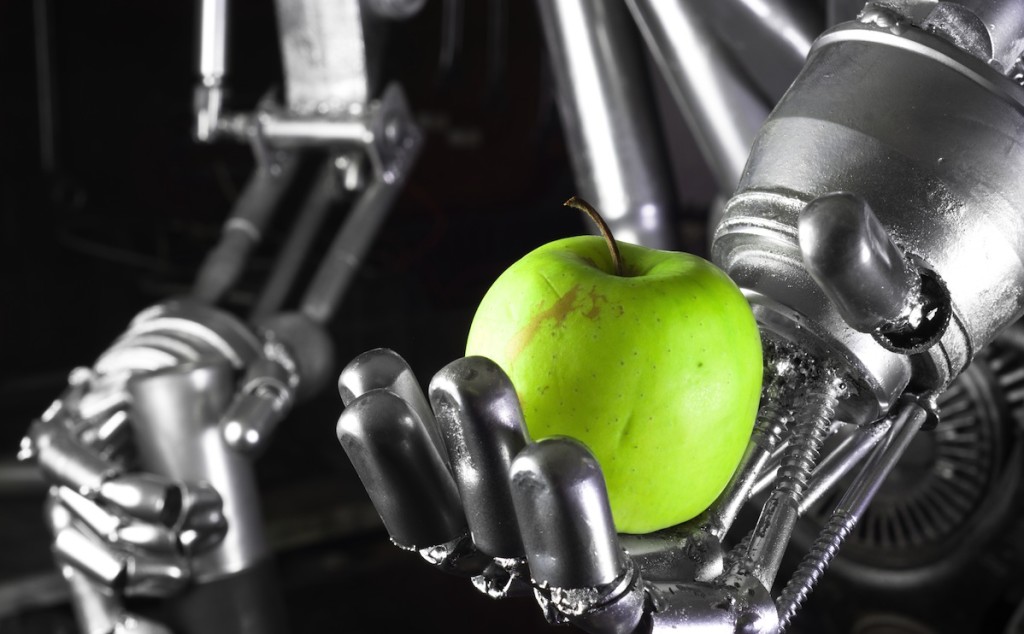Future Now
The IFTF Blog
Automation Insurance: Designing a product that pays out if your job gets automated
Have you ever wondered if your job will exist in 2 years, or if it'll be automated by then? What if you could purchase an insurance product that pays out if your line of work gets automated?

Now, many people already have anxiety associated with fears of AI. The last thing they want is to get reminded of it. But getting insurance to protect your livelihood from automation might just be part of the solution to the changing world of work.
Depending on your preferred statistic (and my, how many choices you have), somewhere between 6% and 40% of current US jobs will be automated in the coming decade. How we sense, prepare and react to this job destruction has major economic, political, social, and environmental implications. At IFTF, we’ve done a broad range of work exploring strategies, including our Workable Futures research and our report on the Future of Workforce Development.
In the broader climate of research institutes, foundations, and government, much focus has gone toward investigating a long-term solution. Things like Universal Basic Assets, new approaches to education, or rethinking our social contract. All of which are important.
A long-term plan and a new economic vision are vital.
But we also need new tools and new approaches that tap the power of the free market to help get us there.
The immediate problem is that the average person is unprepared, and either unaware or overwhelmed by the prospect of automation. They might have a vague sense of what is technologically possible. But this uncertainty is too daunting and too abstract for people to manage rationally. And then, eventually, the abstract becomes real, and they lose their jobs (in, say, the travel agency business). In many ways, this challenge is part of the bigger question of financial well-being. In a country where 60% of Americans don’t have enough savings to cover a $500 emergency, thinking about some disruptive future is beyond a luxury. It’s an exercise in absurdity. But people living day-to-day are exactly the people who can’t afford to be without work.
In our Workforce Development report, we developed the term ‘the reskilling window’ to refer to the critical point between when a person’s job becomes imminently susceptible to automation, or other structural causes of unemployment, and when that person actually loses their job. During this window, reskilling for a new career is most cost and energy efficient.
The idea behind automation insurance would be to help people identify that window, and help them navigate the path toward a new career. By offering this service as an insurance product on the free market, insurance companies would be incentivized to do their own ongoing research in what careers will be automated. Economic efficiencies would hopefully emerge to develop a monthly index of threatened careers.
For individuals, policies would cover you for a one year period (for example) extended by a month with each new monthly premium payment. These premiums would have adjustable costs, with inflation capped at a certain limit per month. What that means is that as long as you pay your monthly premium, if your job gets automated away within the next year, the cost of your upskilling would be covered. The adjustable premiums help you understand when you need to start planning for a career change.
Of course, I’m simplifying things. Insurers would need massively new competencies. Regulation would need to race to catch up. It is not an oversimplification, however, to say that we desperately need tools to help people manage and navigate the uncertainty of their future. But in an age of declining institutional trust, who will Americans trust with this task?



